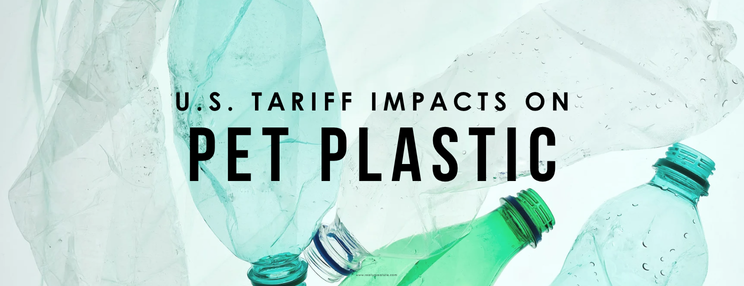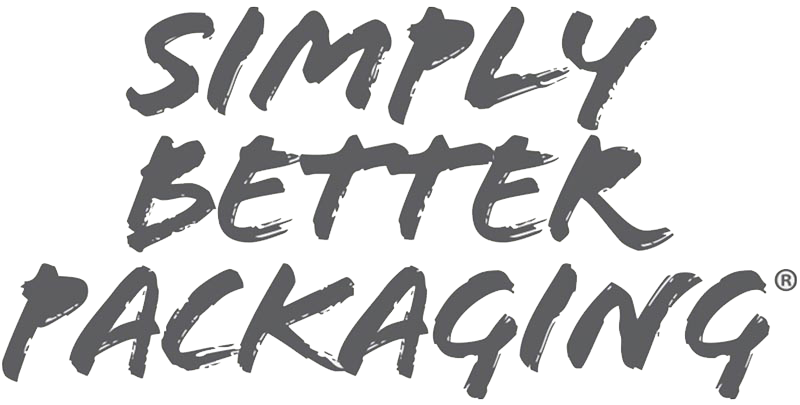U.S. Tariff Impacts on PET Plastics

Terminology and Background
Polyethylene Terephthalate (PET) is one of the most commonly used plastics globally with appications in textiles, packaging, and engineering resins. Recycled Polyethylene Terephthalate (rPET) is plastic made from entirely recycled plastic scrap with a lower environmental impact because the production process uses less energy and resources. Resin (PET or rPET) is the raw material used to produce plastic products, whereas flake is the final product from the process of recycling those products which can then be turned into new resin pellets.
What’s Happening?
In August 2025, the U.S. Government’s reciprocal tariffs went into effect on imported goods. Those tariffs range from 10-54%, depending on the product, materials, and export country. PET and rPET resin were initially excluded from these additional tariffs until they were expanded them with an Executive Order on September 5.
Previously, the U.S. was importing more PET than it exported because of competitive, low-cost pricing, particularly from Latin American and Asian countries. The stated goal of the tariffs is to incentivize the use of recycled plastics from U.S. recycling programs, increase domestic PET production, and strengthen U.S. supply chains.
What Does it Mean for YOU?
In terms of the broader plastic industry, the higher duties on key Asian importers have disrupted or increased the cost of product shipments, leading to rise in U.S. market resin costs of 14-20%. This requires greater reliance on domestic supply, which will increase prices further due to higher demand and less supply.
For businesses, many companies will build short-term safety stocks and expand and diversify domestic PET supply contracting. Plastic product producers will likely depend on pass-through pricing to reflect the increases in their input costs. Resin-users are revising contracts to implement surcharges and escalator clauses related to the tariffs. U.S. PET buyers will shift to diversifying their supply chain with countries with more preferential trade agreements.
On an individual level, these tariffs could mean increased prices across various industries that utilize PET plastic supplies, like food or beverages in plastic packaging, small appliances, etc. However, if the tariffs successfully encourage reuse of local plastics, it could enable the recycling industry to expand, reducing plastic pollution for a greener future.
Sources
Trump adds PET resin to ‘reciprocal’ tariffs
Comprehensive Guide to RPET Flakes: Everything You Need to Know – Rudra Ecovation
ABOUT PLACON
Since 1966, Placon has been a leading designer and manufacturer of innovative and sustainable plastic packaging for medical, food, and consumer goods markets. Placon has manufacturing operations in Madison, WI; West Springfield, MA; Elkhart, IN; and Plymouth, MN, and is currently ranked in the Top 20 in Plastics News 2024 Thermoformers Rankings. Placon delivers packaging breakthroughs that inspire better engagement between people and products.




